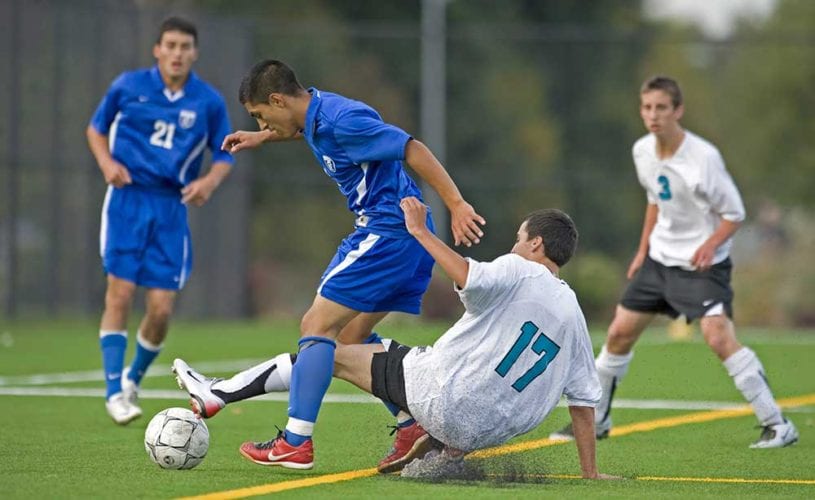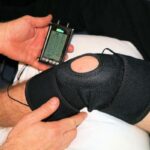For an active person, an injury can really mess things up. It can mean watching while others seem to be having all the fun. Getting back in the game can be difficult, but it doesn’t have to be.
How to Take Care of a Sports Injury
Find Out What Happened
Did you overdo it a bit and hurt yourself or is it an injury? If the pain does to not go away with the standard stuff like rest or over-the-counter non-steroidal anti-inflammatory medications, go to a doctor and get a diagnosis.
Playing through pain can cause more damage down the road. Ignorance is not bliss. Do not ignore pain.
Once you find out what happened, make sure you understand the diagnosis, so you can hopefully avoid doing whatever you did to injure yourself.
Don’t blame yourself. It happened, and you can’t change it. You are the only one who can improve the situation, so focus on recovery rather than how the injury happened.
Stick to the rehab plan your doctors put in place. Don’t just jump right back in once the pain goes away.
Knowing how long the recovery will take can help you better understand the injury and your expectations.
Understand Your Emotions
Taking care of the physical problem is only one part of coming back after an injury. Don’t forget about your emotional health. If you’re used to running every day and suddenly you can’t, that will feel like a loss. You may feel angry, sad, or even depressed.
An injury takes away some control over your situation, and stress and anxiety can often creep in. Understanding this can help you stay in control.
Try to stay positive and listen to what your doctors and your body are saying about your recovery. Focus on the milestones you are achieving, not how it differs from what you used to be able to do.
Find Alternatives
Are there other activities you can do during your recovery? Another way to be physically active might help you feel better and stay motivated.
Maybe simple modifications to your exercise routine can help you stay in shape. Trainers, therapists, and doctors can help you figure out what can work and what you should avoid.
Set goals about how you can get back to your regular routine. Monitor the progress towards the goals to improve your confidence.
It’s also not a bad thing to rest. Many people have a tendency to over-train and don’t build much rest into their schedules. Forced rest can be good for the body and mind. Take advantage of it. Work on relaxation skills set new goals, and focus on yourself.
Seek Support
If your running group is your social life and suddenly you can’t run you need to find alternatives. Even though you can’t participate in the activity, don’t isolate yourself from friends, coaches, and teammates.
Try to maintain contact with them. They can listen and offer encouragement. Who knows, maybe they have had an injury sometime and can help you recover from yours.
The trained professionals at B3 Medical can help diagnose your injury and help you along the road to recovery. Make an appointment today.



























